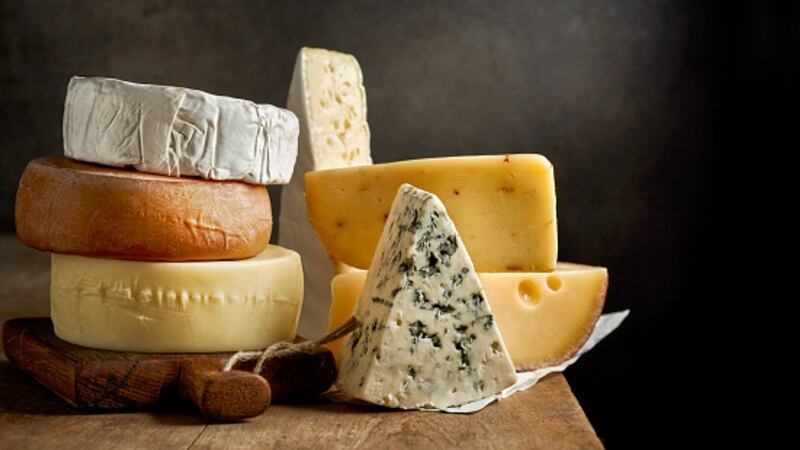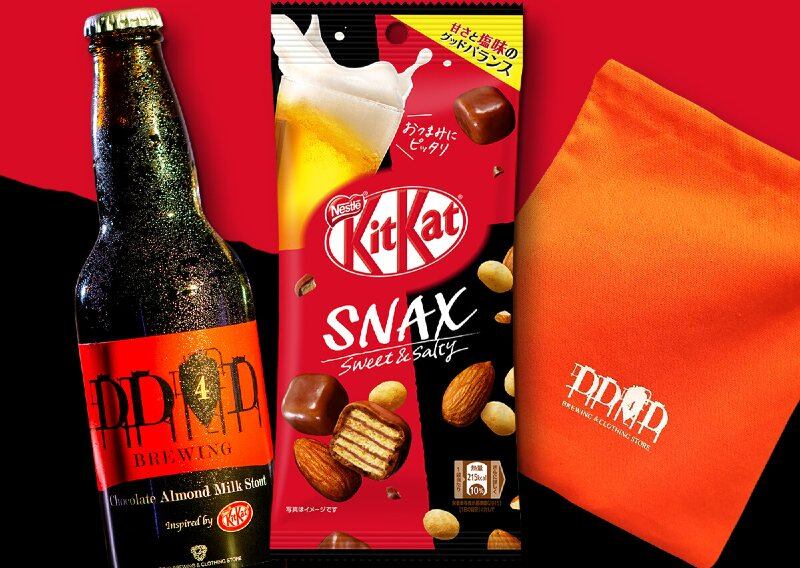Change Foods is the first in Australia to work on cheese production from a bio-engineering point of view, which its Founder and CEO David Bucca says gives it an advantage over other technology such as cell-based production as it will be able to achieve price parity with traditional products more quickly.
“Cell-based technology requires building all the way up from the cell, but bio-engineering or specifically fermentation technology as we are looking at has been around for over 30 years and we are just adjusting the process to produce the required dairy compounds using microbes – this means it is some steps ahead and simpler by comparison, and we will be able to reach the right price point more quickly,” Bucca told FoodNavigator-Asia.
“[Reaching price parity quicker] is also the reason we opted to work with cheese in particular, as people are more willing to pay a premium for cheese as compared to other dairy products like milk or yoghurt.”
Change Foods’ fermentation technology is based on removing the cow andinstead using a microbial host to directly synthesise the compounds required to make cheese directly to skip ahead several steps.
“From a dairy point of view, the rest of the cow is essentially inefficient and not needed other than to metabolise grass into milk – so we’ve gotten rid of this huge animal and shifted focus to feeding a microbial host with feedstock like sugar to produce the cheese compounds we, and directly process that into cheese instead of producing milk and then taking more steps to convert this,” said Bucca.
“Right now we’re narrowing down the optimal host from microbes such as bacteria, yeast and filamentous fungi, and are also optimizing the best contender for each compound we want: Casein to make the cheese, and microbial lipids to give aroma, texture and profile.”
This technology also enables Change Foods to customise their end-products to meet any unique consumer needs, such as for lactose-free or hypo-allergenic options.
“We call this precision fermentation, where we control the inputs very precisely to adjust what we get as output, so this means we can control to adjust, say, casein levels in the product such that these are low enough to not cause any allergic reactions for those allergic to casein,” said Bucca.
“Our process also ensures a high level of food safety as there are not bad microbes to pasteurize, any fecal matter to worry about or any antibiotic or hormone residues that may cause harmful effects. This also culminates in a longer shelf life, such that the need for refrigeration and cold chain will be minimal so as to enable exports all over the world.
“This is also more sustainable as by our calculations cheese produced via our tech uses 98% less water, 84% less CO2 and 65% less energy which is a good messaging too.
“The technology also has an added advantage over plant-based cheeses, many of which are nutritionally deficient, carry allergens, don’t taste like cheese, tend to be super expensive and don’t have basic cheese functionality e.g. to stretch and melt like on pizza – our cheeses will.”
For the firm’s first batch of cheeses, Change Foods is focusing on three specialized cheeses: Cheddar, mozzarella and parmesan across grated, sliced and block formats.
Building a solid platform
Change Foods was born in Australia, but Bucca has seen moved the firm’s headquarters to San Francisco and kept the Australian business as a wholly-owned subsidiary in the hopes of getting products to market faster.
“Regulations wise, the US FDA has a more advanced history of approving products like ours so I believe it would be faster, plus the market size there is much larger and there are more investors with experience in novel proteins there,” he told us.
“It’s also about building a solid platform to grow on as we do want to capture the US market, and have to take all the tax and IP stuff into consideration as it would be much more complicated to build and establish everything in Australia and then try to shift everything to the US.
The firm’s R&D is still in the core science compound optimization stage coming out of the Queensland University of Technology (QUT) which they have a contract with, but from next year they will also move into product development R&D which will take place in the US.
“Parallel R&D is the way we will go next year, but we will keep the core science here. Product development will be in the US as we will enter that market first as a test base so will need some localisation, then come back to launch in Australia and later Asia,” said Bucca.
“The next six to nine months is about compound optimization, and then scaling up a bit more in terms of compound production, then by Q2 next year we’ll go into a bigger seed round for US$2mn to US$3mn to move into parallel R&D, and then into product commercialisation in the US by 2022.
“We’re looking at Australian product commercialisation by 2023, and Asia by 2024. In Asia, we’ll start with countries like Singapore, Hong Kong and Taiwan which have shown higher acceptance to alternative protein products so far, and are affluent enough to afford more premium products.”
Change Foods is also running a consumer survey on its website to gather information on the cheese preferences and issues being faced in the different regions, so as to further tweak its product development.





